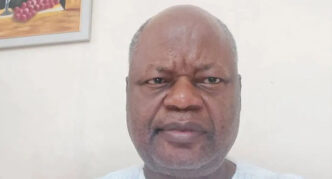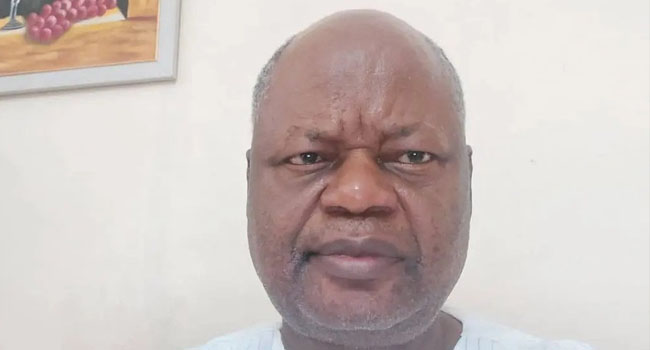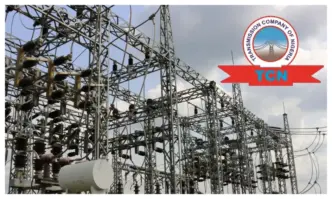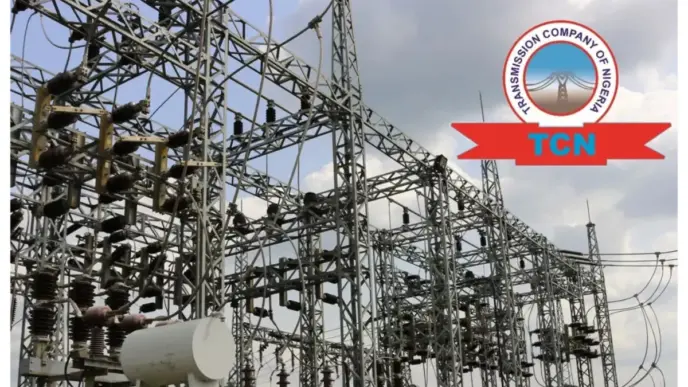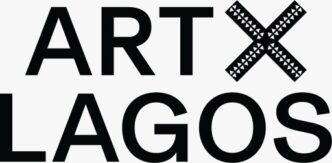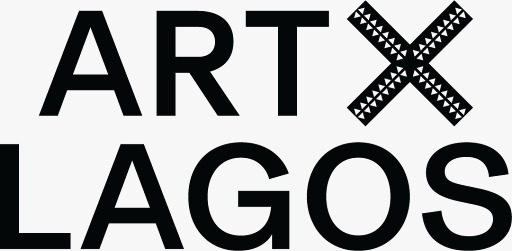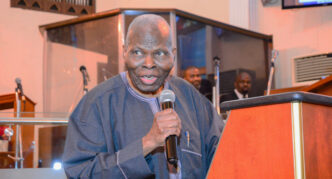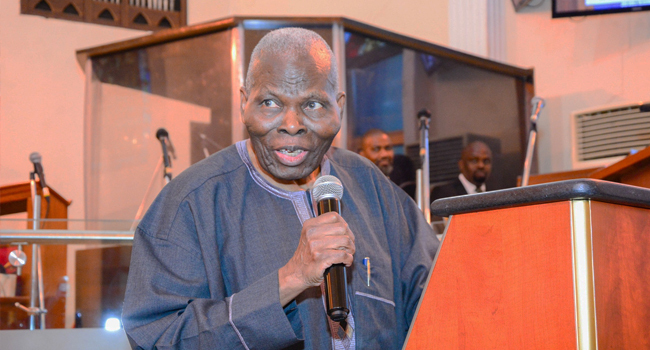Chairman of the Enugu State Technical Committee on Privatisation and Commercial Industrialisation, Professor Ken Ife, has called on the Nigerian government to embrace an export-led growth strategy as a sustainable pathway to economic recovery and job creation.
Speaking at the 31st Nigerian Economic Summit in Abuja, Ife said that while Nigeria performs relatively well in trade and services, the country faces serious challenges in trading goods. “Nigeria is fairly okay when it comes to trade and services,” he said. “All we need from government is a regulatory environment… But when it comes to trading goods, we are in serious trouble.”
He emphasised that Nigeria’s long-term development depends on learning from countries that have successfully used exports to drive growth. “Let us look at export-led strategy, growth strategy,” he urged. “If you look at the tiger economies — China, South Korea, and Indonesia — they were able to remove over 400 million people out of poverty just by export-led strategy, growth strategy.”
Professor Ife explained that for such a strategy to work, “all the macroeconomic policies must talk to diversification strategy, must talk to industrialisation strategy because industrialisation is the key element.”
He lamented Nigeria’s overreliance on imports, describing the country as “an import-dependent economy” vulnerable to global disruptions. According to him, “When you have an import-dependent economy, anything that happens globally, you are vulnerable — whether it’s COVID-19 or the American subprime crisis — because your economy is dependent on those.”
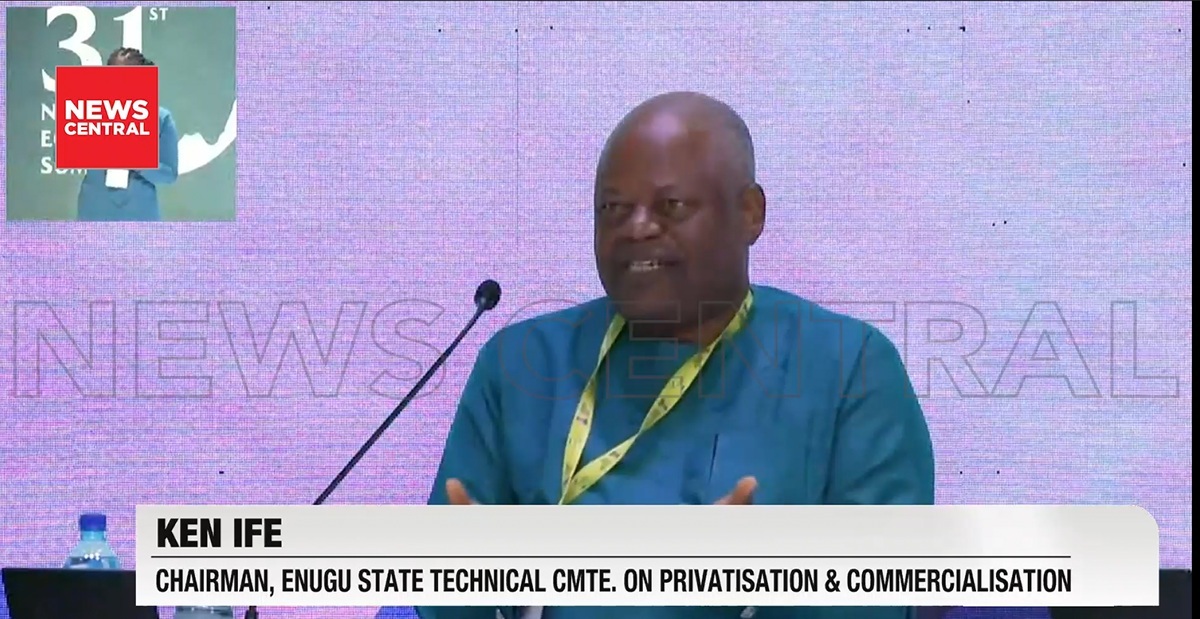
Ife said Nigeria could only overcome this vulnerability by embracing industrialisation and backward integration. He noted that “the minister has talked about backward integration, but it can’t be done piecemeal; we have to make sure it is comprehensive.”
The economist also criticised the international trade system that keeps Africa in a subordinate role. “We have an international division of labour that consigns us to produce raw materials while the global North processes them and sells them back to us,” he said, describing it as “a system that perpetuates dependency.”
Citing the EU-Economic Partnership Agreement (EPA), Ife said the agreement demonstrated this imbalance. “You can even see the audacity in the EU-EPA agreement that allows 80% of our imports, which means it doesn’t even expect you to trade with African countries or Asia — that’s history,” he remarked.
To reverse this trend, Ife called for a complete overhaul of Nigeria’s fiscal framework, saying, “Our muscular fiscal policy and fiscal dominance over all other policies must end, and it must talk to an industrialisation strategy.”
He concluded that only through coordinated macroeconomic, trade, and industrial policies could Nigeria break its dependence on imports and achieve sustainable, export-led growth.


 Trending
Trending 
